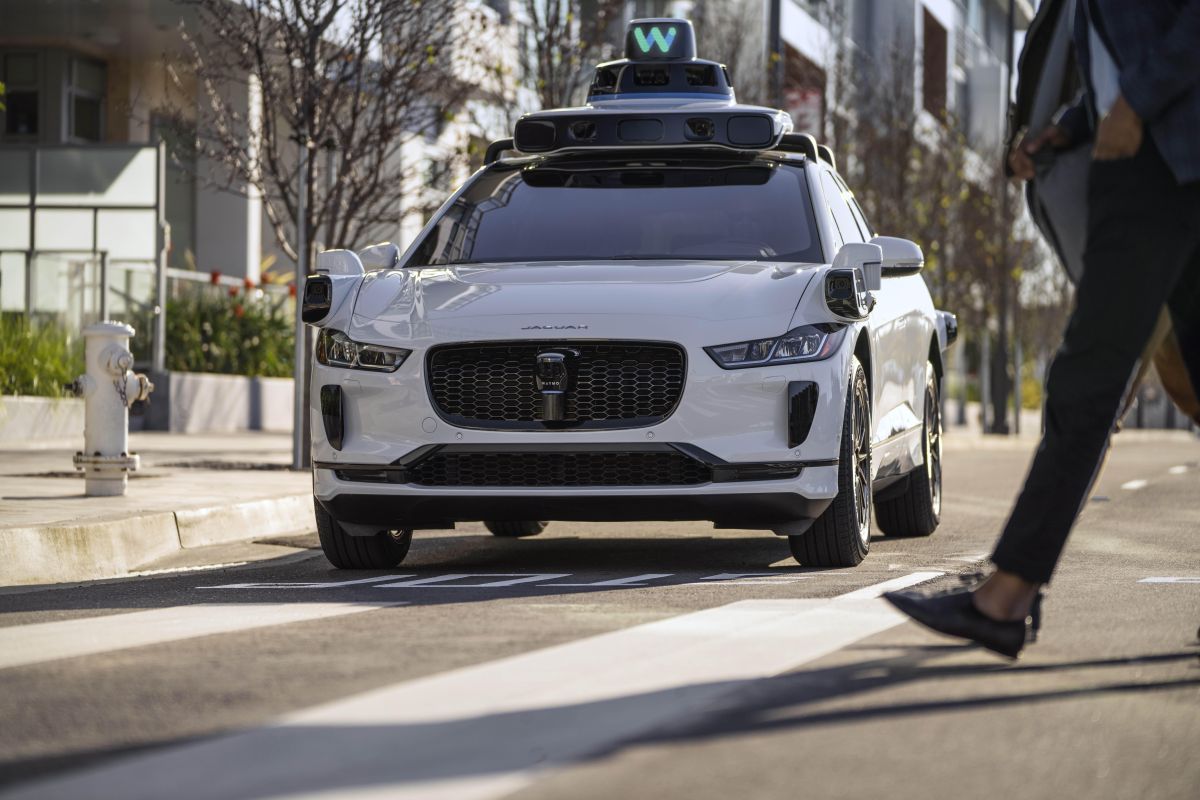Consumer confidence in fully automated self-driving vehicles remains low, despite a slight improvement in the J.D. Power 2024 U.S. Mobility Confidence Index (MCI) Study. After a two-year decline, the index score for consumer readiness increased by 2 points to 39 out of 100, returning to the level it was in 2022.
However, the study showed, concerns over safety and data security are key obstacles preventing widespread adoption.
“This year’s improvement is minimal because there are still many unmet needs required to boost consumer confidence,” said Lisa Boor, senior manager of auto benchmarking and mobility development at J.D. Power. “Repeated and consistent reporting of safety findings over time -- with independent oversight -- will aid acceptance. Furthermore, addressing persistent concerns regarding insurance costs and data privacy also are paramount.”
The study revealed 83% of consumers want more safety statistics before riding in fully automated vehicles, and 86% want the ability to take control of the vehicle if needed. Safety concerns, alongside privacy issues, continue to dominate consumer hesitancy.
Data privacy and the potential for vehicle hacking have also emerged as prominent issues, with 64% of consumers expressing concern about the safety of data collected by vehicles. Additionally, 80% of respondents indicated a desire to understand what is being done to prevent hacking in self-driving vehicles.
“Consumers are increasingly concerned with data privacy and this study shows a strong link to fully automated self-driving vehicles,” said Bryan Reimer, Ph.D., research scientist in the AgeLab at the MIT Center for Transportation and Logistics and a founder of MIT’s Advanced Vehicle Technology (AVT) Consortium. “Data security and transparency regarding data use are becoming increasingly important as a foundation for building trust in technology and connected digital solutions. Trust is built over time but can be quickly eroded. The news media's attention to a recent failure by one automotive manufacturer to safeguard drivers’ privacy is likely provoking anxiety among automotive consumers.”
Further findings from the study indicate varying levels of consumer confidence across different applications of automated technology. While only 16% of consumers are comfortable with the idea of riding in a fully automated air taxi, 34% feel confident about having packages delivered via drone.
In terms of insurance, nearly three-fourths (71%) of consumers do not expect to acquire insurance on a pay-per-ride basis when using a robotaxi service. More than half (57%) agree that vehicle owners will need liability coverage for fully automated vehicles.
Parents of teen drivers also expressed concerns, with 50% feeling comfortable letting their teens drive the family car, compared to only 26% who would allow them to use a robotaxi. However, 39% of parents prefer their household vehicles to be equipped with Active Driver Assistance Systems (ADAS) technology for safety.
The J.D. Power 2024 MCI Study reflects responses from 3,000 U.S. vehicle owners aged 18 and older, and remains the only comprehensive measurement of consumer readiness for fully automated vehicles across various sectors, including personal and commercial use, public transit, and AV testing.














